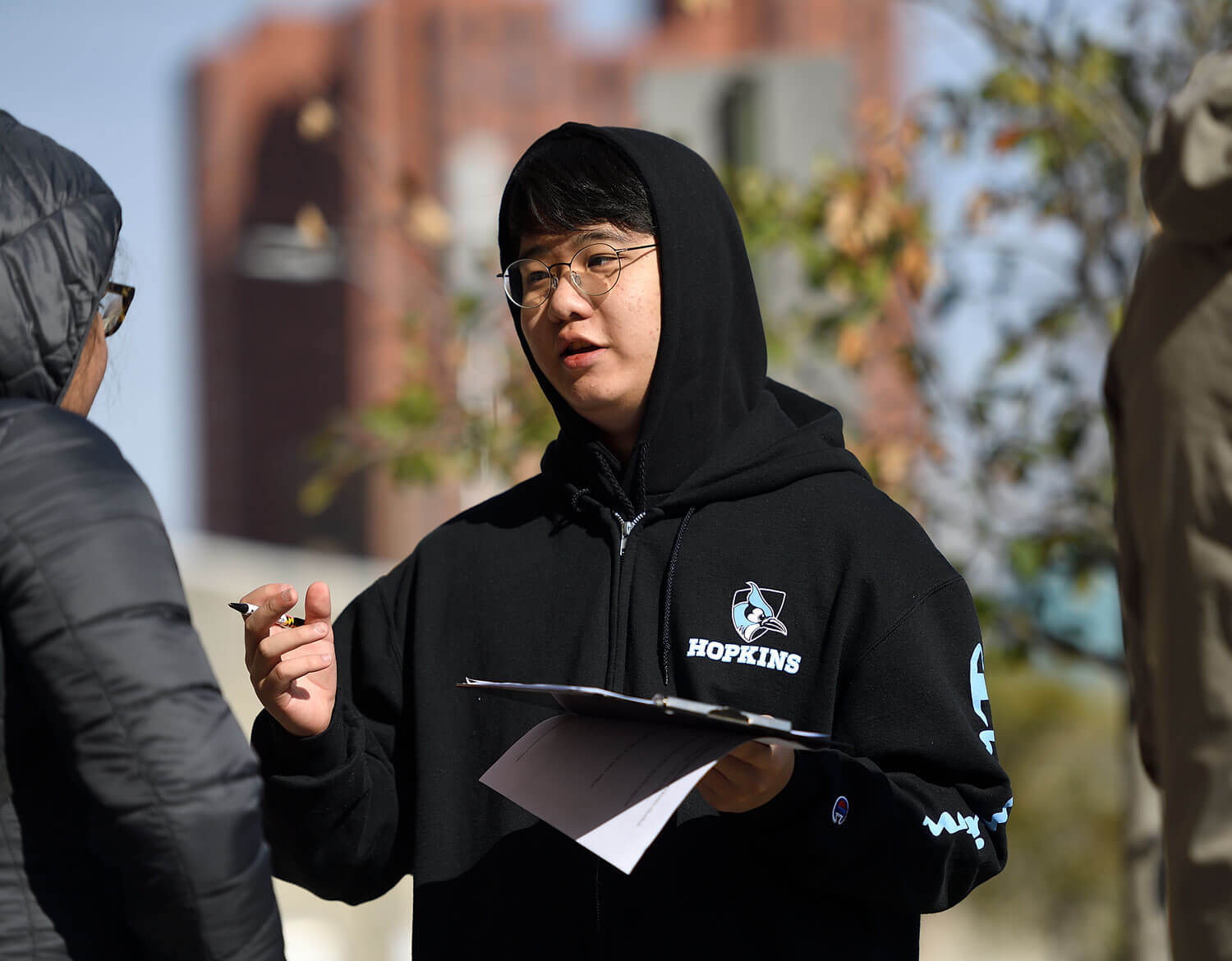Student Employment


Part-time student employment is a great way for enrolled students to:
- Earn money for college and personal expenses
- Gain valuable professional experience
- Get involved in various on- and off-campus activities
- Make new connections
Students who work part-time tend to have higher GPAs on average, compared to students who do not work. Learn more about the different types of student employment and how to apply.
Types of Student Employment
Federal Work-Study
Federal Work-Study, including Community Service and America Reads, is a federally funded program that provides subsidized part-time employment for students with financial need. The Federal Work-Study amount in your aid offer is the allotment of money you may earn during the academic year. Federal Work-Study offers are not credited to your bill. Instead, you will be paid semi-monthly for hours worked.
Federal Work-Study offers a wide variety of jobs on- and off-campus and in community service settings. You are free to choose your own job. Typically, students work an average of 8 to 10 hours per week, though you may work up to 20 hours per week under the Federal Work-Study/Community Service/America Reads (reading tutors) program. Earnings may be used to help cover expenses such as books, travel, and other personal expenses—search Federal Work-Study opportunities on the University Experiential Learning website. A Student Job Fair is held in early September.
Access your Federal Work-Study information online through SIS. Check your account to view your type of work-study, amount of work-study, eligible dates, remaining balance, and the downloadable PDF authorization form. You are responsible for providing the authorization form to your employer.
If you aren’t eligible for Federal Work-Study, you may still qualify for Hopkins Work-Study.
- Federal Work-Study Brochure
- Federal Work-Study Frequently Asked Questions
- Federal Work-Study Key Dates
- Check out helpful tips!
Federal Work-Study also offers summer employment at off-campus placements for Community Service and America Reads positions. You can view these available off-campus positions via the SMILE portal. You do not need to be enrolled in courses during the summer to participate in the summer work-study program, but you should be planning to re-enroll for the upcoming fall semester.
Hopkins Work-Study
Some students will not be eligible for Federal Work-Study, as they may not be U.S. citizens or permanent residents. Some students will also not be eligible for Federal Work-Study, as the grant funds we’re offering are buying out your federal financial need. If you aren’t eligible for Federal Work-Study, your financial aid offer may include employment opportunities on- and off-campus through Hopkins Work-Study. These positions are based on the availability of funds in each department. You may also be hired and paid out of the department’s funds at the department’s direction, even if you qualify for Federal Work-Study. Like Federal Work-Study, earnings may be used to help cover expenses such as books, travel, and other educational expenses, and are issued as semi-monthly paychecks.
Search employment opportunities on the University Experiential Learning Office website.
Local Travel Grant
For students that are receiving need-based financial aid and working off-campus in a community service role, the Office of Student Financial Support will provide a semester local travel grant. This grant aims to help students with the cost of traveling to and from a local, part-time job, ensuring that financial constraints do not hinder students from making impactful contributions to the community. Funding is limited, and students with an off-campus community service Federal Work-Study position will be given priority, with a preference for reading/math tutoring, mentoring, or post-secondary advising roles.
Students who are already confirmed to be using their Federal Work-Study award in an off-campus community service role will be automatically awarded the Local Travel Grant. All other eligible students must submit a request online.
Eligible students can apply for a travel grant of $150 per month, totaling $675 for a typical 4.5-month semester. This amount is based on the cost of a monthly MTA pass in the Baltimore area, as well as the occasional use of ride-share services like Uber and Lyft.

